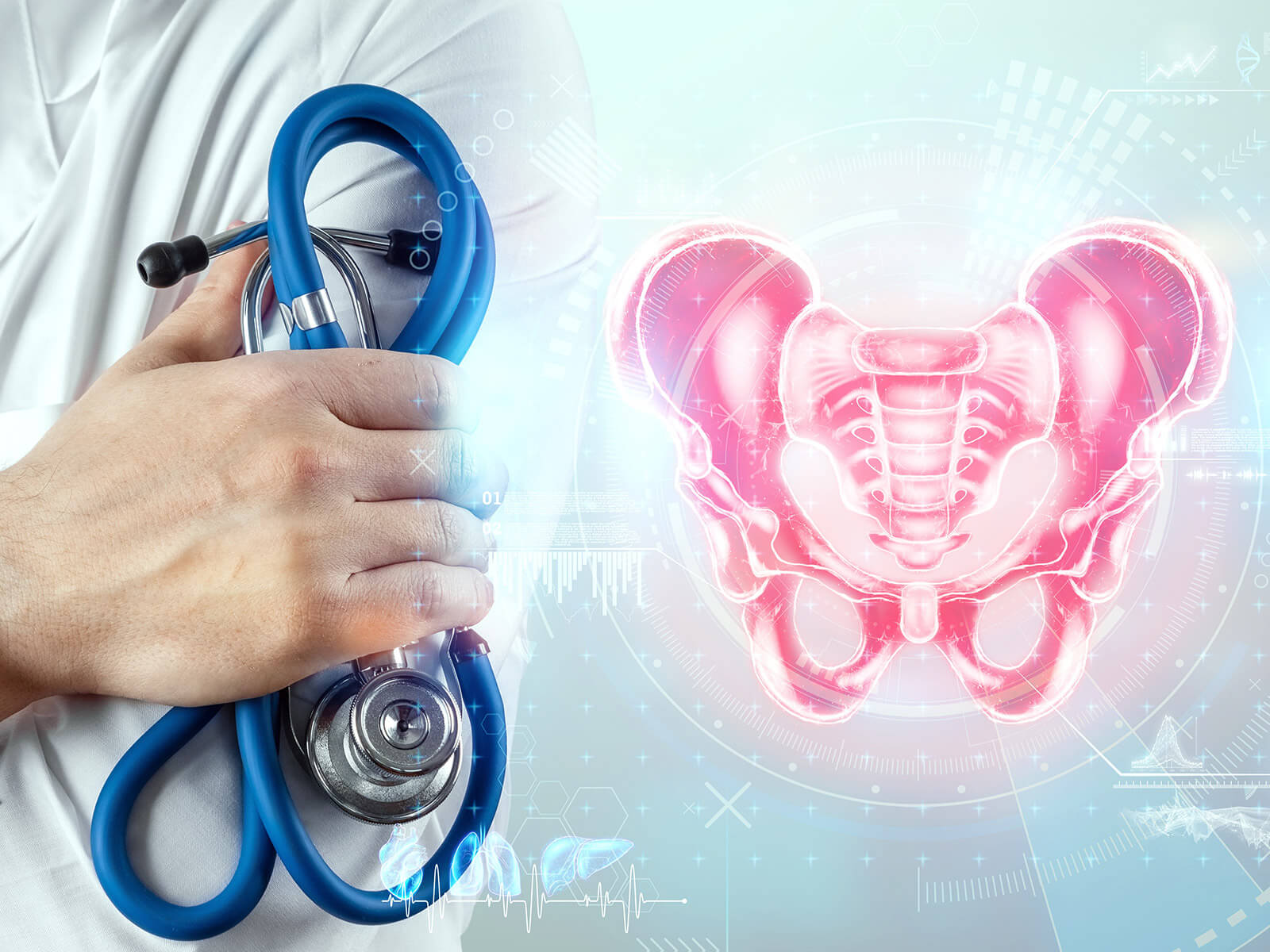
Pelvic pain refers to the abdominal pains which are located lower, hips, or groin. It is either bland or sharp, predictable or abrupt, and is capable of happening to everyone though it is greater in ladies. Our specialist gastroenterologist is employed at GastroDoxs in Houston and attempts to diagnose the reason and deliver a permanent solution.
Pelvic pain can appear and disappear or it might be permanent. Common signs include:
A number of body systems may cause pelvic pains:
Our board-certified gastroenterologists at GastroDoxs in Houston will have the diagnosis and individualized treatment regimen to find out what causes pelvic pain. It could be pelvic floor therapy, prescriptive medications or minimally invasive interventions we are ready to enable you to recover your comfort and quality of life. Wait no longer, just call us or make an online appointment and begin with the first step to the permanent relief.
We've successfully treated more than 2K patients, helping individuals improve their digestive health and overall well-being through expert, personalized care.
With over 20 years of experience, GastroDoxs has been a trusted provider of gastroenterology care, focusing on delivering the best outcomes for patients
The ICD-10 code of pelvic pain is R10.2x. This code can assist healthcare providers in capturing, developing, and maintaining your pelvic pain to be significantly able to treat and bill appropriately.
Ovarian cysts that burst, appendicitis or spasms can cause a woman sudden and sharp pain in the pelvic area. It can also be an indication of torsion or inflammatory seeking immediate assessment to preclude serious considerations.
Yes. Below is a common mild pelvic pain during pregnancy as a result of religion of the hormones, the enlarging uterus, and pressure on pelvic joints. Serious or chronic pain invariably needs to be considered.
It is generally treated with pelvic floor physical therapy, pain or anti-inflammatory drugs, trigger-point injections, or nerve block, and stress of reducing treatments in order to deal with chronic symptoms.
The sources of lower back and pelvic pain in women may include strains in muscles, pinches in the nerves, or the endometriosis, ovarian cysts or inflammatory disease of the pelvis (PID).
Seek professional assistance when pelvic pain remains longer than two weeks, continuously increases, daily functions, and within or outside of ulcers penetration, and or includes fever, bleeding, micturition/perirectal alterations.
The intermittent pelvic aches are mild and are a normal tendency of your body to adapt. Below thought, acute pain, or both acute and chronic pain, particularly with bleeding or fever, however, should be treated immediately.
Diagnosis will be based on the medical history, physical examination and, potentially, the imaging examinations (ultrasound or MRI) to examine the joints of the pelvis, ligaments, and other tissues surrounding them.
In men, chronic prostatitis/chronic pelvic pain syndrome (CP/CPPS) is a chronic flesh pain in the pelvis that results in inflammation of the prostate, neuralgesia, or musculoskeletal system problems. Therapy usually involves drugs, exercise, and diet.
Absolutely. Our first line of attack is pelvic floor rehabilitation techniques, medications (iconicides, antibiotics, hormone treatment), diet, stress management, and directed injections; the last two will before being exposed to least invasive procedures.